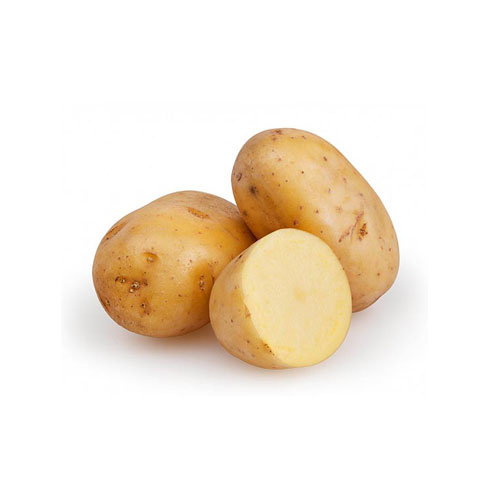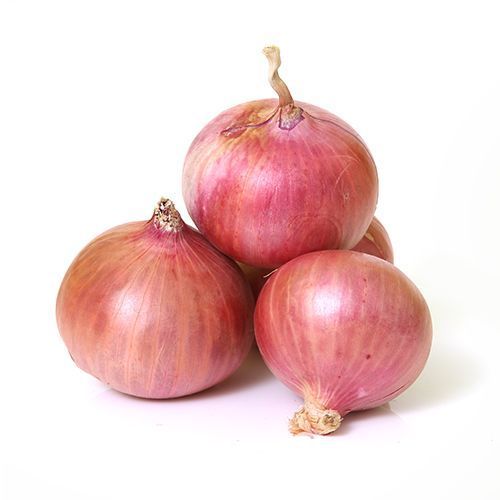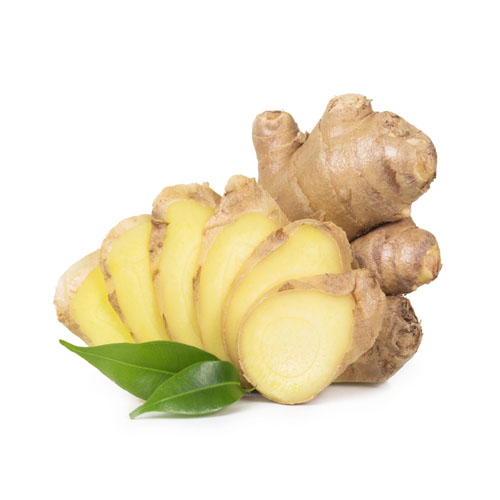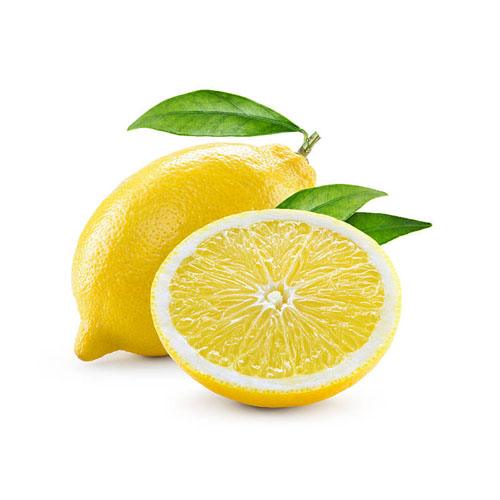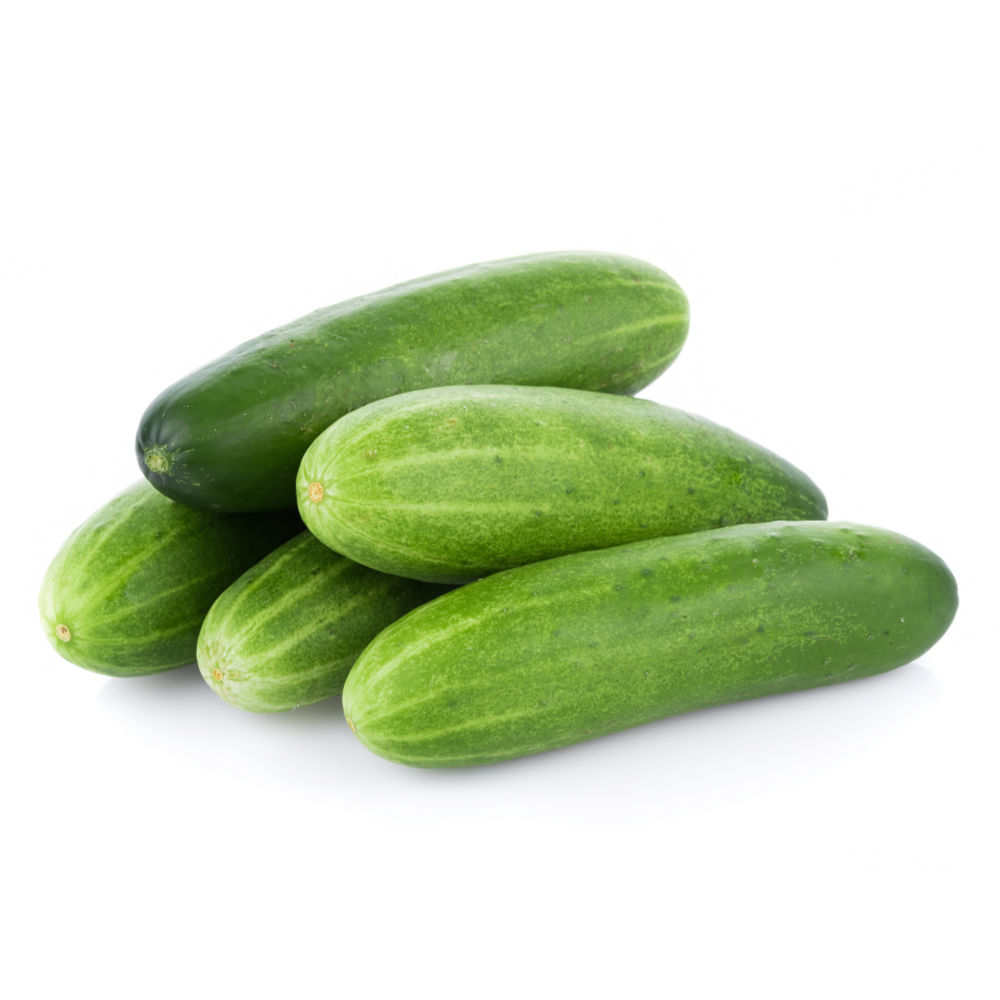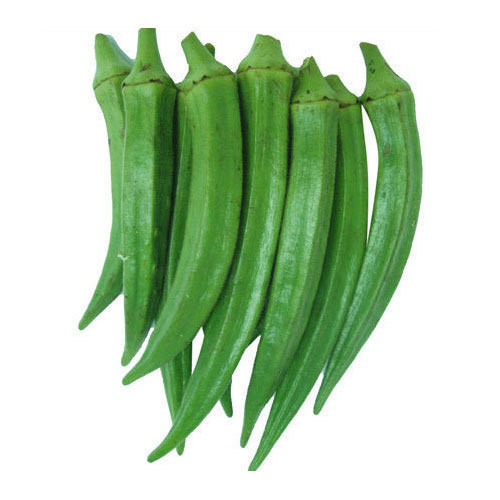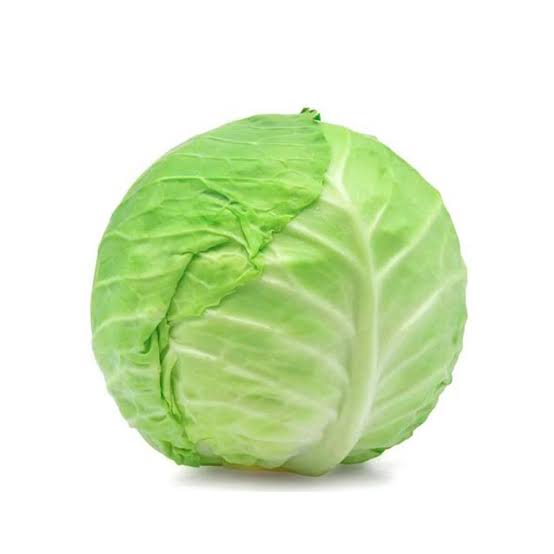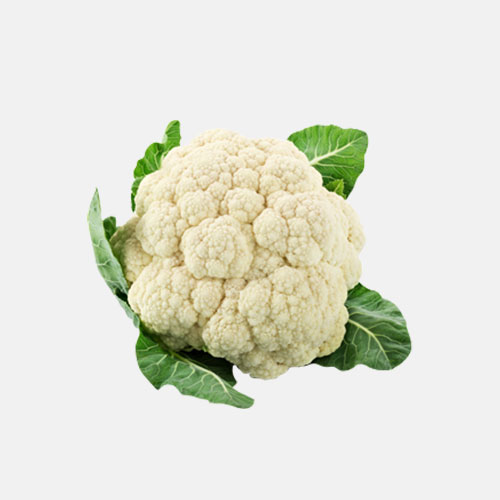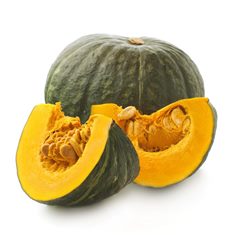

Radishes are a group of root vegetables with light-colored, crunchy flesh, variable skin color, and an almost spicy, peppery taste. They vary in shape from short and round to long and narrow, and the skin can be red, black, white, yellow, pink, or purple. Radishes are rich in antioxidants and minerals like calcium and potassium. Together, these nutrients help lower high blood pressure and reduce your risks for heart disease. The radish is also a good source of natural nitrates that improve blood flow.
Radishes contain chemical compounds like glucosinolate and isothiocyanate that can help regulate blood sugar levels. Eating radishes also enhances your body's natural adiponectin production. Higher levels of this hormone can help to protect against insulin resistance. Radishes also contain coenzyme Q10, an antioxidant that helps block the formation of diabetes. Along with other compounds, radishes contain indole-3-carbinol and 4-methylthio-3-butenyl-isothiocyanate, which help the liver detoxify and heal against damage. These same compounds also help the kidneys flush out toxins.
Radishes are very low in carbs, which makes them a great choice for people monitoring their carbohydrate or sugar intake. The vegetables have few calories and a low glycemic index level, but they're rich in several vitamins and minerals.
Nutrients per Serving
A half cup serving of fresh, sliced radish contains:
No review given yet!
 Fast Delivery all across the country
Fast Delivery all across the country
 Safe Payment
Safe Payment
 7 Days Return Policy
7 Days Return Policy
 100% Authentic Products
100% Authentic Products





You need to Sign in to view this feature
This address will be removed from this list



